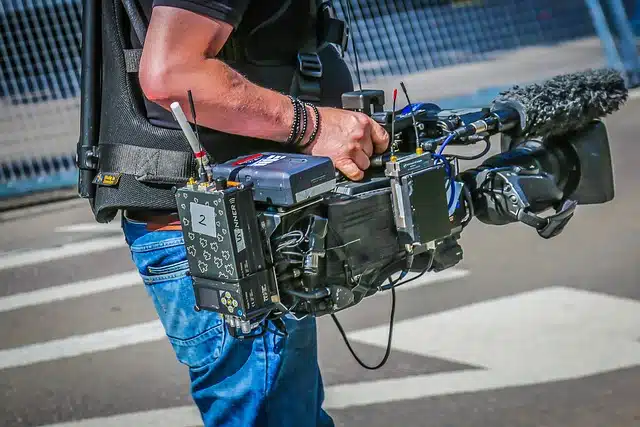
A documentary reflects real events.
The first meaning of documentary that the Royal Spanish Academy ( RAE ) mentions in its dictionary refers to what is linked to documents : writings or other materials with reliable data.
Document management , in this framework, consists of the administration of an organization 's documents. Through various regulations and actions, this management seeks to facilitate access to information and guarantees the conservation of those documents that must be stored.
Documentary is also called something that is supported by real documents . By extension, a TV program or film whose content reflects real events is known as a documentary.
Documentary films
Documentaries, therefore, show investigations into true events or interviews with people who do not play a role (that is, who are not acting). Unlike most films, documentaries do not showcase fictional stories.
It must be taken into account, however, that the boundary between documentary and fiction can be blurry. There are documentaries that include representations of real events or that use actors to show certain situations. On the other hand, there are fiction films that imitate the structure of documentaries, such as the so-called false documentaries or mockumentaries .

Although there is subjectivity in a documentary, its contents are true (that is, they do not belong to the realm of fiction).
Michael Moore, a leader of the 21st century
One of the most famous documentary filmmakers of the 21st century is the American Michael Moore . Among his documentaries, "Bowling for Columbine" stands out, which won an Oscar Award .
In this film, Moore analyzes a shooting that occurred in an American school that left fifteen people dead, investigating violence and the use of firearms in the territory of the United States .
Development of a documentary
Making a documentary can be a very long and complex process, since it usually merges the work of several people from different specialties and requires physical travel to search for information . Short documentaries are generally preferred by people with little experience, not precisely because they are easy, but because at least they can be completed in less time and on a smaller budget.
The first step in making a documentary is choosing a topic . The more defined it is, the better: we should never choose areas such as "nature" or "the city" , but instead look for specific things like "elephants and drought" or "pollution in the city" , for example. This first step is crucial for the rest of the work, since if the initial idea is too ambitious, we will not be able to reach the end and our effort will have been in vain.
Observation and organization
Watching other documentaries is something most documentary filmmakers do naturally; In fact, it is through the work of others that we usually discover our own vocation. However, there are those who are reluctant to do this for fear of attacking their own originality. The truth is that theory is not enough to develop a project of this magnitude.
Since this is an organized work, we must capture all our ideas in a written document, in addition to our objectives and a script outline that covers the main sections. Once this draft satisfies us, we can move on to the final script , and here new challenges are presented: using accessible but effective language, entertaining for the audience but also enriching, with comic moments and dramatic scenes that generate tension and suspense, to give motion.
In the documentary the word and the image are combined, and that is why we must avoid saying the same thing twice: if the viewer sees a scene in which the sun sets, he does not need the narrator to describe it, unless his words contribute information or help link it to the following. Likewise, we must make good use of the camera , taking advantage of its functions and available techniques.
